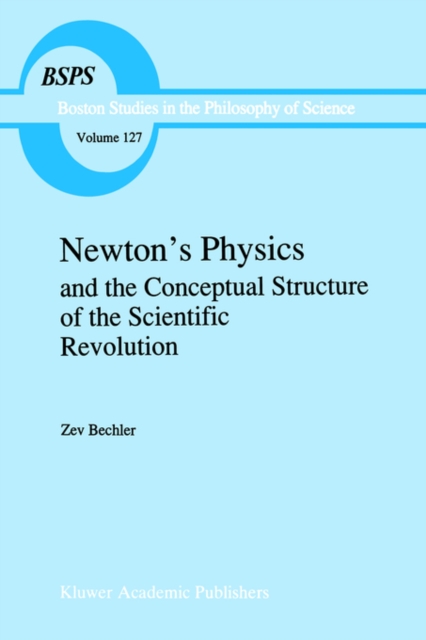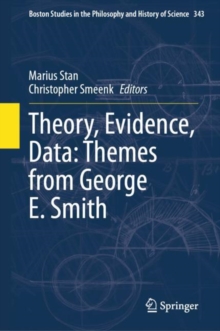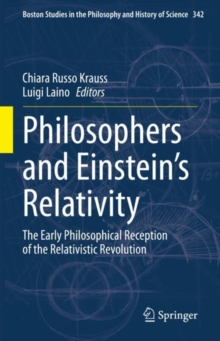
Newton's Physics and the Conceptual Structure of the Scientific Revolution Hardback
by Z. Bechler
Part of the Boston Studies in the Philosophy and History of Science series
Hardback
Description
Three events, which happened all within the same week some ten years ago, set me on the track which the book describes.
The first was a reading of Emile Meyerson works in the course of a prolonged research on Einstein's relativity theory, which sent me back to Meyerson's Ident- ity and Reality, where I read and reread the striking chapter on "Ir- rationality".
In my earlier researches into the origins of French Conven- tionalism I came to know similar views, all apparently deriving from Emile Boutroux's doctoral thesis of 1874 De fa contingence des lois de la nature and his notes of the 1892-3 course he taught at the Sorbonne De ['idee de fa loi naturelle dans la science et la philosophie contempo- raines.
But never before was the full effect of the argument so suddenly clear as when I read Meyerson.
On the same week I read, by sheer accident, Ernest Moody's two- parts paper in the JHIof 1951, "Galileo and Avempace". Put near Meyerson's thesis, what Moody argued was a striking confirmation: it was the sheer irrationality of the Platonic tradition, leading from A vem- pace to Galileo, which was the working conceptual force behind the notion of a non-appearing nature, active all the time but always sub- merged, as it is embodied in the concept of void and motion in it.
Information
-
Item not Available
- Format:Hardback
- Pages:588 pages, XVIII, 588 p.
- Publisher:Springer
- Publication Date:01/08/1991
- Category:
- ISBN:9780792310549
Other Formats
- Paperback / softback from £171.75
- PDF from £212.08
Information
-
Item not Available
- Format:Hardback
- Pages:588 pages, XVIII, 588 p.
- Publisher:Springer
- Publication Date:01/08/1991
- Category:
- ISBN:9780792310549










